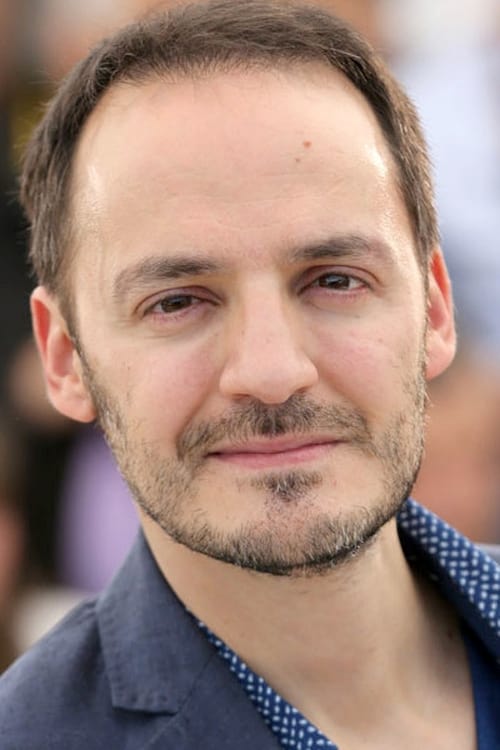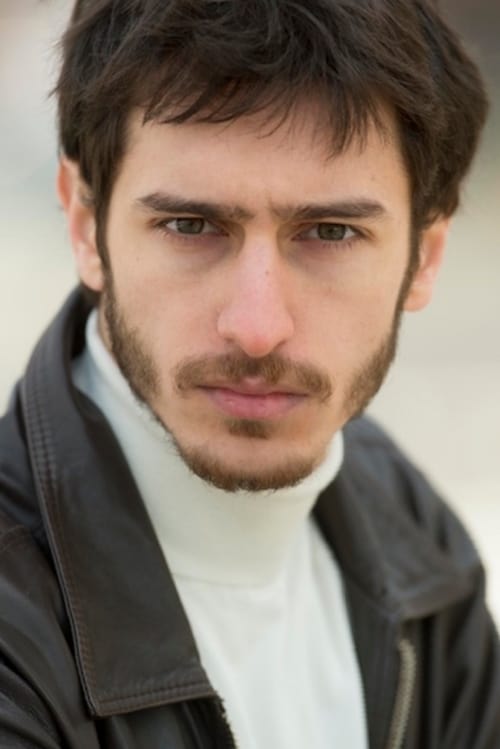La Sapienza (2014)
ジャンル : ドラマ
上映時間 : 1時間 40分
演出 : Eugène Green
シノプシス
The story is one of an architect that has lost his inspiration and goes looking for those motivations that pushed him as a youngster to take up the profession. Inspiring him was the baroque movement and all of its artifices: the Guarini in Turin and the Borromini in Rome. The film’s central story ends up being the love story that develops between architecture, artistic inspiration and feelings.

La Première éducation sentimentale (the first version of L'Éducation sentimentale), re-adapting the themes of first love, the intoxication of desire, and failed ideological revolution (that culminated in the Revolution of 1848) to the May 68 generation through a chronicle of the parallel lives of a pair of childhood friends, the pragmatic Henri and idealistic Jules as they leave their bucolic, rural hometown to separately pursue their baccalaureate - and real world - educations.

Marcos and his family work as ranch hands. While his father and brother handle the heavier tasks, Marcos stays home, close to his mother. Each one has their future laid out before them, yet Marcos bides his time waiting for Carnival, the one moment where he can let his true self out to shine. The sudden death of his father leaves his family in a very vulnerable situation. The ranch owner hounds them to go away, while Marcos’s mother pressures him to take over the work in the fields. Nicknamed Marilyn by the other teenagers in town, Marcos is a target for desire and discrimination.

Marcelo is a journalist. Carlos is a former car-thief. Renata is a woman torn apart by two relationships as diverse as her desires. Exu is the ever becoming.

The boy Francisco spent his days accompanying his father at work, or rather, on the roads. The man is a driver of the imposing Big Jet, a pickup truck used to clean the city's cesspools without basic sanitation. But the boy is more interested in the ideas of his uncle, a libertarian and anarchist artist. As he discovers his first love, Chico realizes the vocation to become a poet.
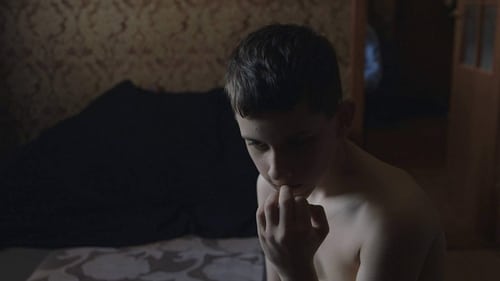
When adults are ineffectual, children have to grow up quickly. Ola is 14 and she takes care of her dysfunctional father, autistic brother and a mother who lives apart from them and is mainly heard the phone. Most of all she wants to reunite a family that simply doesn’t work — like a defective TV set. She lives in the hope of bringing her mother back home. Her 13 year old brother Nikodem’s Holy Communion is a pretext for the family to meet up. Ola is entirely responsible for preparing the perfect family celebration. “Communion” reveals the beauty of the rejected, the strength of the weak and the need for change when change seems impossible. This crash course in growing up teaches us that failure is not final. Especially when love is in question.
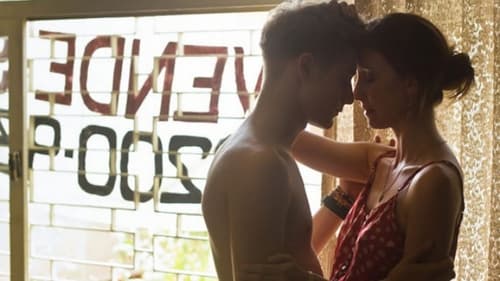
The story of Helena, a recently graduated attorney who works as a public defender of children and adolescents in the courts of the city of Santos, Brazil, and her brother, the teenager Caio, who will commit a serious crime. De Menor participated in Films in Progress at last year's San Sebastian Festival.

Paula works taking care of the children of a rich family that grow soja and her life takes a turn when, unexpectedly pregnant, she tries to find a safe way to abort in a country where abortion is illegal.

At the impressionable age of 16, young Mateo faces a dilemma about the direction his life will take when his corrupt uncle asks him to infiltrate a local Barrancabermeja theatre group to uncover its members' political activities.

The border between Brazil and Paraguay: living on opposite sides of a big river, Brazilian boy Joca falls in love with indigenous-Paraguayan girl Basano. A magical tale of impossible love and adventure in this land full of memories of colonial wars and indigenous genocide.

Juninho, Menor, Neguinho, Adilson and Eldo are young residents of the Bairro Nacional, outskirts of Contagem, in Minas Gerais, Brazil. Divided between work and fun, crime and hope, each will have to find ways of overcoming difficulties and taming the tiger inside their veins.
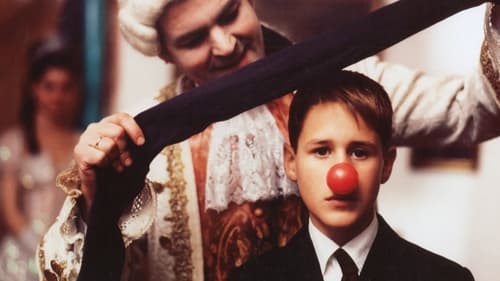
A story about a young boy, Otto, whose childhood is brought to an abrupt end when Frank, an older boy, suddenly enters his life.

In a Kyrgyz village, five older women adopt an infant foundling. Jump ahead about 12 years: the boy, Beshkempir, is entering puberty, the age, his granny says, when life goes berserk. He plays with friends, horsing around, sniggering about sex, going to an outdoor movie. He works, fishing and making bricks of mud. And, he's starting to notice girls. He and his best friend fight, and he learns to his consternation that he's a foundling. A death in the family pushes Beshkempir even faster toward adult roles: he must brush tears from his eyes, lead a funeral procession, and reconcile with his friend. Then, he borrows a bicycle and calls on Aynura: courtship begins.

Tarek and his mother Ghaydaa number among the tens of thousands of refugees crossing the border from Palestine, having been separated from Tarek's father amidst the chaos of the Six Day War. They ultimately settle at the Harir refugee camp, a makeshift home for a new generation displaced by conflict. Tarek dreams of being reunited with his father, and struggles to adapt to a new life far away from all he previously knew.

Serginho has a hard time finding his place in the world as he works with his uncle at the market, supports his depressed mother, and takes care of his little brother.

Déficit follows one day of crisis in the life of Cristobal (Gael Garcia Bernal), a spoilt, rich kid throwing a party for his friends at his parents' luxurious villa. A big fence and a live-in staff of servants are there to shield Cristobal from the harsher realities of life, while his younger sister Elisa (Camila Sodi), there with her own crowd, uses drugs as her chosen means of escape. There are, however, some realities that cannot be kept at bay forever, like the reason behind their parents' prolonged absence, the gradual breakdown in the villa's amenities, and Cristobal's dwindling university prospects.

At fourteen years of age, Tomás is entering adolescence, that time in your life in which not only do you have to face physical and emotional changes, but in which there are also memories that start taking more traumatic forms. That is why he continuously visits a psychiatrist, why he acts a bit weird. He is a bit of a hermit, bearing, as much as he can, the extreme normalcy of his family, who are dying for summer to arrive so they can go to a time share at the beach, while Tomás wants to escape… to the moon.

A three-part look at the ironies of love, with stories that involve a young boy, a hostage situation, and a divorced elderly couple caught in a love triangle.

Guigo is in love with Sabrina, with whom he exchanges messages through his cell phone. He is the son of separated parents. One day he and his friend Túlio travel to a fishery with their father, Roberto, and his friend, Paulo.

A Brazilian theatre group that through talent, irony and humour confronted the Brazilian violent dictatorship in the 1970s revolutionising the gay movement worldwide and changing theatre and dance language to an entire generation.

25 years ago, Louis Sarno, an American, heard a song on the radio and followed its melody into the Central Africa Jungle and stayed. He than recorded over 1000 hours of original BaAka music. Now he is part of the BaAka community and raises his pygmy son, Samedi. Fulfilling an old promise, Louis takes Samedi to America. On this journey Louis realizes he is not part of this globalized world anymore but globalization has also arrived in the rainforest. The BaAka depend on Louis for their survival. Father and son return to the melodies of the jungle but the question remains: How much longer will the songs of the forest be heard?

